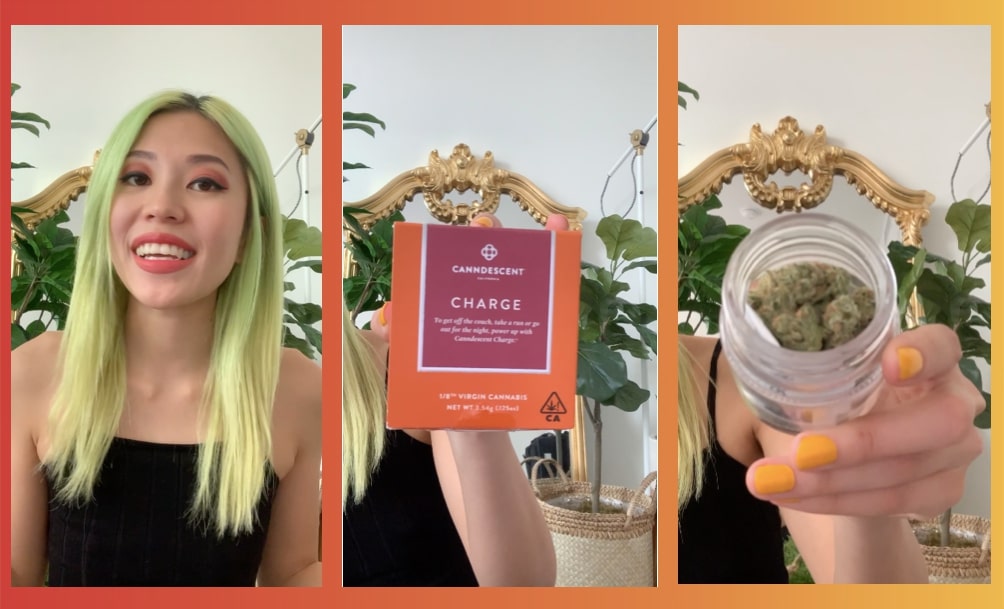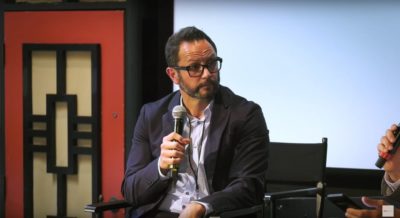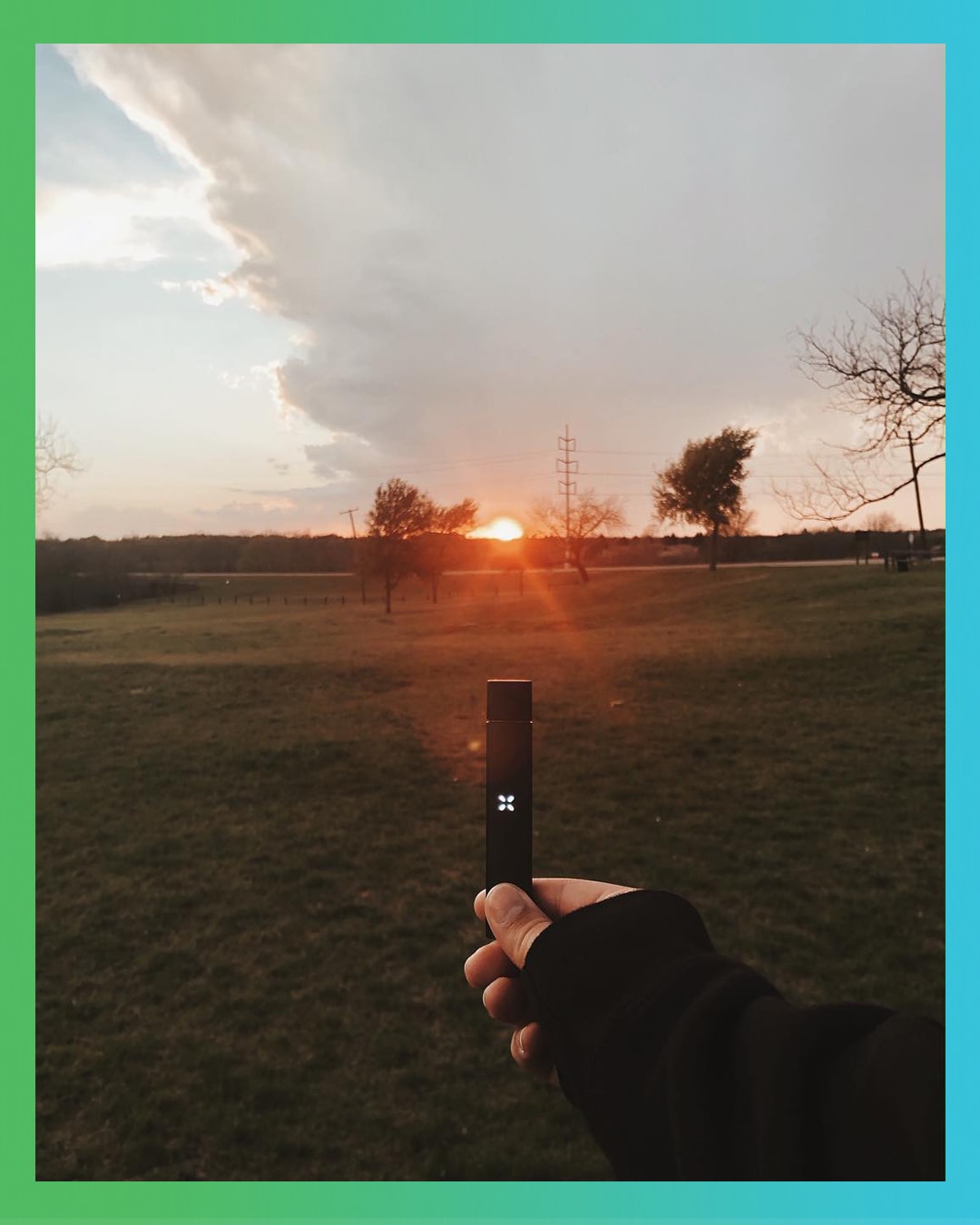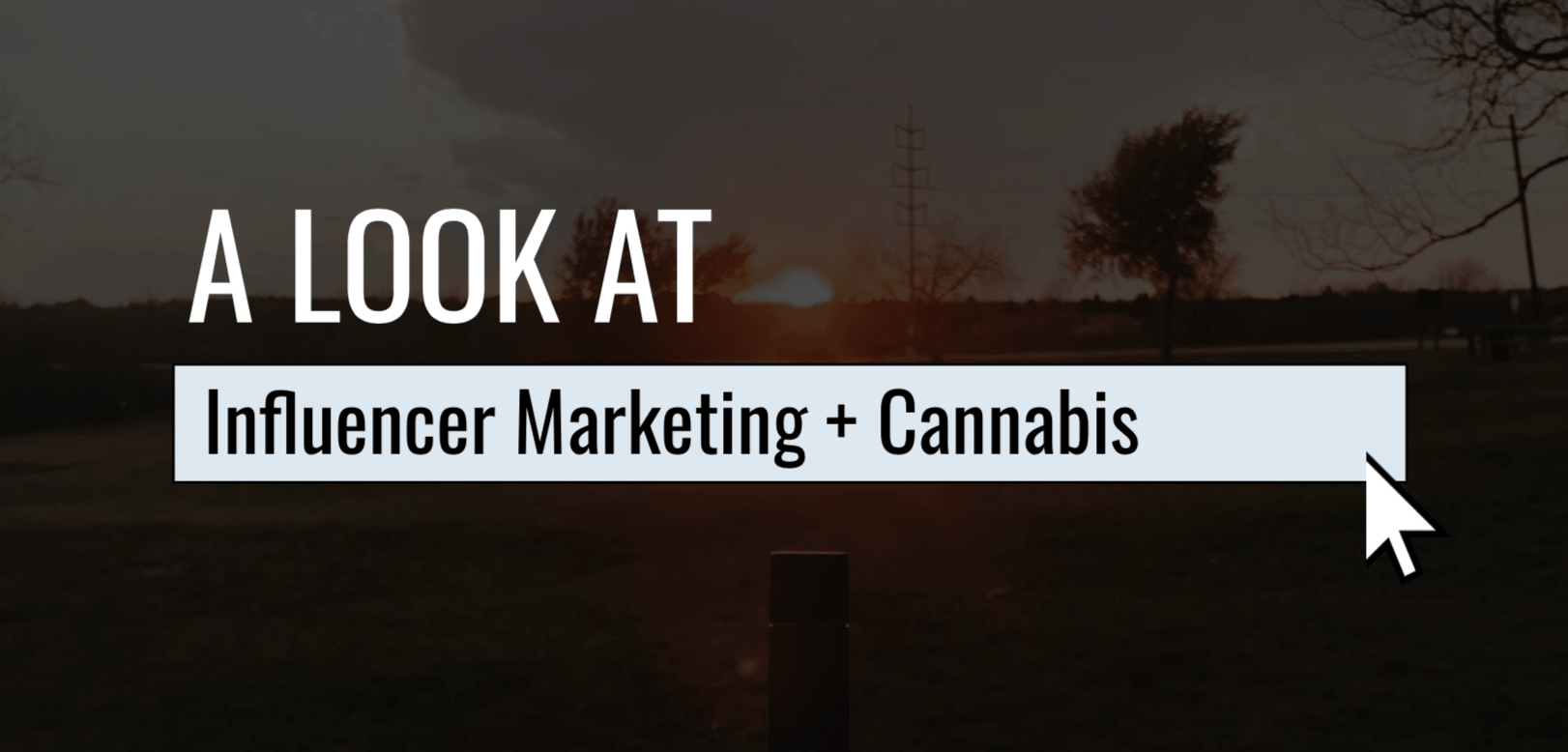
@hieucow for @canndescent
CBD fans worldwide will celebrate the Third Anniversary of National CBD Day on August 8, and for users and marketers alike, the fact this unique, but sometimes controversial product is a robust three years old is a time to celebrate.
Cannabidiol, or CBD, is a non-psychoactive component found in cannabis, and is commonly used to treat chronic pain, inflammation and other ailments. In short, it can give the user many of the positive effects found in cannabis or marijuana but without the THC compound that generates the high that using marijuana provides.
In the health and wellness space over these past three years, interest in CBD-generated products has surged and crossed over to the mainstream world of marketing.
Without actual endorsements, per se, celebrities such as Whoopi Goldberg, Kim Kardashian West, Joe Rogan and, of course, Seth Rogen have all spoken on record about the benefits they derive from these hemp-inspired products. From stress and pain relief, to improved heart health and better sleep to even battling depression and anxiety, CBD has become the “It” product in the holistic space the past three years.
Whether taken in a variety of delivery systems from pills to creams to oil infusions to edibles, this burgeoning market is one that is growing and not going away.
You’ve probably even noticed CBD products popping up on shelves over the past few months in the form of refreshing and relaxing CBD beverages, especially if you live in CBD (and THC) friendly states like California, Washington, Oregon or Colorado. In fact, Arizona Ice Tea recently announced a line of CBD-infused drinks, revealing just how far this little compound has come in such a short time.
So how can top influencer marketing agencies take advantage of this growing trend in CBD product popularity?
Can CBD Become an Influencer Marketing Weapon?
One of the primary obstacles that CBD faces is it’s still not universally embraced. It can be hard to openly market these products in such a politically complicated legal environment, which AdWeek even dubbed, “the most difficult brand challenge of our time.”
Though humans have cultivated it for thousands of years, cannabis remains a point of contention in the US and much of the world. And despite a string of recent pro-cannabis victories, the plant remains a federally illicit drug, making it extremely difficult to advertise and build brands around (even in states where recreational use is legal).
For example, cannabis brands working in California can’t claim any health benefits on their packaging, which makes labeling and differentiating products an all-around headache – especially when they are designed for medicinal purposes.
Traditional forms of advertising, like TV and radio, come with their own hurdles. For example, broadcasting on television in California demands that the targeted audience consists of 71% adults, and billboards can’t be placed on interstate or state highways.
Even the Internet, where you’d imagine anyone can market their wares freely, is a tricky space. Major platforms like Google, Instagram and YouTube all comply with federal law and prohibit the promotion of illicit substances, including cannabis. That means brands hoping to buy out regular ad spots – complete with paid social components – are out of luck.
At every stage of the marketing funnel, cannabis brands face significant challenges, starting with the most basic – Awareness. After all, customers can’t purchase from you if they…
- A) Aren’t aware you exist.
- B) Don’t know what your product actually does.
How then, through all this red tape, have cannabis brands managed to create a growing industry that’s projected to reach 1.6 billion dollars in revenue this year?
ENTER SOCIAL MEDIA INFLUENCERS
Influencers have been absolutely critical to cannabis’ massive boom, because they are perfectly suited to address two key challenges.
One, they circumvent many states’ tight advertising restrictions and allow brands to actually put their messages in front of potential customers in a consistent, reliable way.
Two, as natural-born storytellers, influencers are jump-starting many companies on their path to creating recognizable personalities and identities that customers connect with.
“I think the biggest challenge in cannabis right now is telling stories,” said Dean Waters, CEO of cannabis-based outlet Flowertown at our first-ever OI Summit. “We’ve done a lot of Man-on-the-Street type research, and there’s still very little brand recall. So for us, it’s about storytelling, creating content that builds lasting connections.”

Dean Waters, CEO Flowertown, at #OISUMMIT.
In addition, influencers are also able to combat misinformation and provide serious education to curious, would-be consumers, according to one influencer agency in Los Angeles. After all, influencers possess one of the most valuable traits in today’s hyper-mediated world: trust. With cannabis’s long history of propaganda and political rhetoric, customers trust influencers to cut through the noise with honesty and openness.
Influencer Marketing and Public Relations Working Together
It’s become a more common thread to use influencer marketing in conjunction with a public relations platform to maximize the depth and breadth of both on a global stage. In fact, it’s no wonder the new prominent roles that PR companies are playing on influencer marketing firms from Chicago to London to Hong Kong.
By working in tandem, a PR company can truly facilitate an Influencer’s ability to get the CBD message with its innate ability to bypass traditional advertising laws and build trust over traditional advertising channels.
Consumers, especially younger (but of age to buy CBD) millennials have a built-in mistrust of being sold something. But a social influencer who they already follow has already built up that trust factor.
A recent Adweek study concluded that nearly 60% of millennials are likely to view brand-sponsored content if a personality they know is backing it. For the influencer whose followers already trust his or her points of view, this spokesperson will create far greater engagement than a regular ad spot.
And since content created by influencer marketers deliver an ROI more than ten times higher than other forms of digital marketing, the time is ripe for influencers and CBD to come together. In fact, promoting CBD may become one of the biggest influencer marketing agency trends as the world eases out of the COVID-19 pandemic.
Can CBD Benefit From Micro-Influencers?
Perhaps your budget doesn’t allow for the hiring of a big PR firm and a multi-million follower influencer. Smaller, micro-influencers can also be beneficial to the success of a CBD campaign. And won’t cost nearly as much.
If, for example, a micro-influencer lives in the health or anti-depression space, they can be viewed as “experts” in the CBD world. Even with lower follower counts, they could have a much more highly focused target of followers who are engaged with their platform and are far more likely to trust the products they support.
If these micro-influencers post on their Instagram account about a particular CBD brand or, better still, post a video of what works, why, and how they use the product, you could find influencer gold at a bargain price.
Lastly, marketers and influencers are working together to produce extremely creative, thumb-stopping content, even in the face of strict regulations. These limitations have only forced marketers to work harder, positioning cannabis not simply as another consumer product, but a lifestyle marker. Just look at the content below – you wouldn’t even know these creators were showing off cannabis products at first glance! Instead, you are greeted with a mood, an idea, a feeling.
***
The future of cannabis is bright, and dare we say, full of green. As we celebrate CBD Day on August 8, let’s also celebrate the many creators who are bringing cannabis into a brand new era.


@noel_russ for @paxvapor @m.scheiner for @paxvapor

